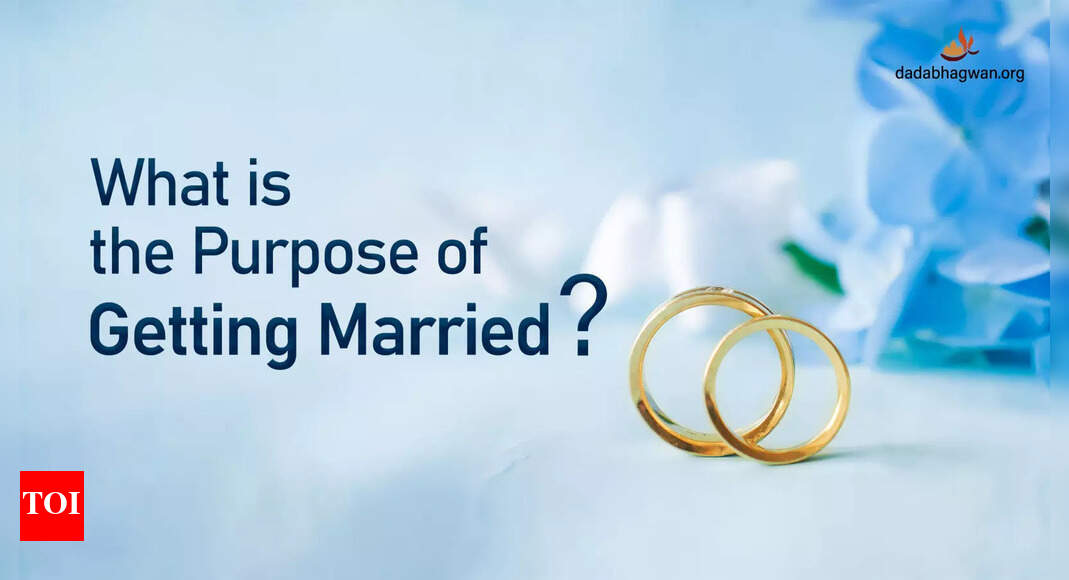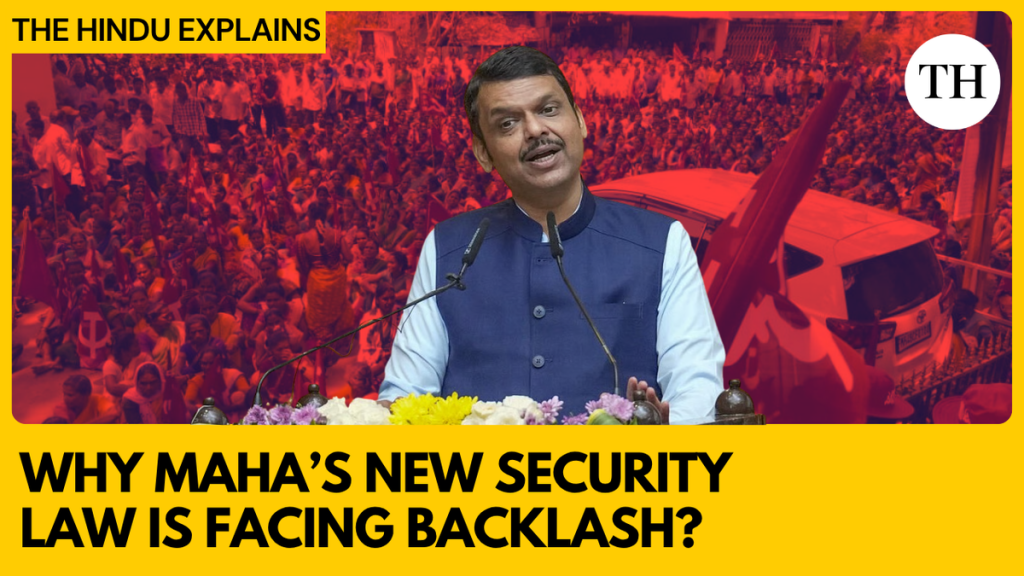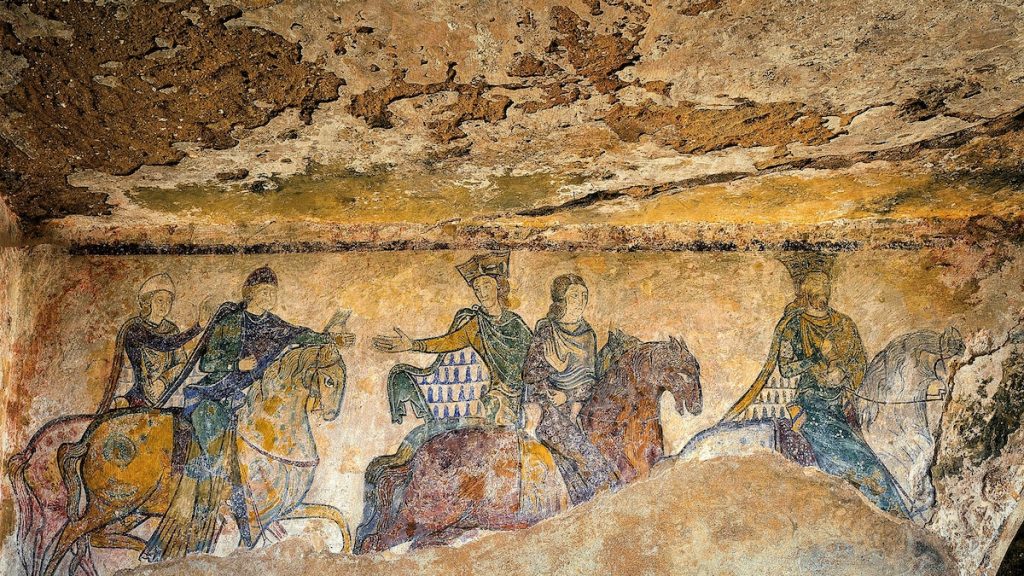Now Reading: Marriage: Exploring Its Purpose and Significance
-
01
Marriage: Exploring Its Purpose and Significance
Marriage: Exploring Its Purpose and Significance

Quick Summary
- Marriage is portrayed as a lifelong commitment founded on love, happiness, and mutual respect rather than external factors like money or societal pressure.
- A fulfilling marriage consists of partners blending easily at every level and maintaining unconditional love and appreciation for each other.
- Love in marriage is described as intense, pure, free from expectations, leading to peace and gratitude between spouses.
- Examples from spiritual figures like Sita-Rama and Param Pujya Dadashri underscore the value of loyalty and unconditional acceptance in marriage.
- Celibacy is presented as an option path for those wiht karmic influences or strong inner intent against marriage, offering considerable benefits when pursued mindfully.
- Illicit relationships are discouraged due to spiritual consequences tied to heavy demerit karma; repentance before God or Gnani is suggested if such bonds exist or have been considered.
- the ultimate goal of life, aligned with Indian ideology shared by Dada Bhagwan, lies in realizing the Self (Pure Soul) beyond ego-driven pursuits such as marriage.
Image:
!What is the Purpose of Getting Married?
Indian Opinion Analysis
The article explores perspectives on marriage through philosophical lenses rooted in spirituality while juxtaposing celibacy as an alternate lifestyle choice guided by karmic effects. The central theme of love’s purity being the foundation for a triumphant relationship emphasizes emotional maturity over superficial motives like societal pressures or external validations.
For India-a culture deeply intertwined with family systems-these insights align closely with its traditional emphasis on nurturing familial bonds via harmonious marital relationships but also acknowledge personal freedom concerning decisions about celibacy versus matrimony within ethical frameworks.
The mention of self-realization transcends traditional debates around marital roles by promoting inner happiness nonetheless of lifestyle choices (married vs unmarried). This worldwide outlook highlights India’s evolving narrative that seeks balance between ancient wisdom and individual autonomy without imposing prescriptive values universally applicable to all contexts.



























